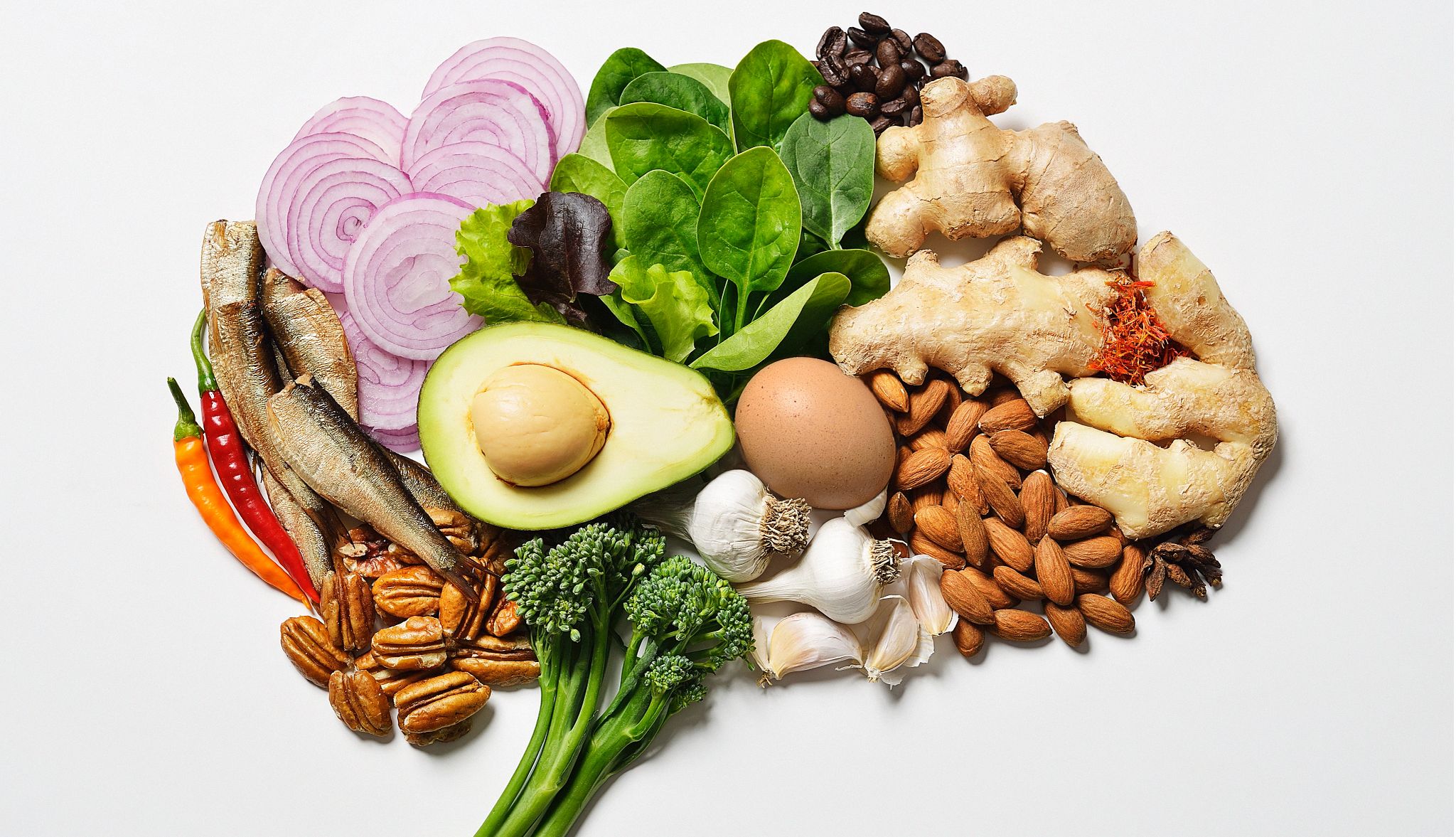Challenges


Here’s some food for thought: The meals, snacks and drinks you choose each day affect how well your brain works. Throughout your lifetime, your diet influences everything from the size of your brain to how quickly you can recall details. As a child, what you eat helps shape your brain development; later in life, it can speed up or slow down the changes that come with normal brain aging. That’s why Eating right is one of Staying Sharp’s six pillars of brain health.
“Making wise choices about your diet is something you can do to promote better brain health and choosing healthier options more often can have longterm benefits,” wrote AARP’s Global Council on Brain Health (GCBH) in its report “Brain Food.”
But what exactly does a healthy diet look like? You have options. If you like having a plan to follow, the Mediterranean Diet and the MIND Diet have been well-studied for their roles in supporting brain health and preventing chronic illnesses like heart disease. Both diets encourage eating fruits and vegetables, whole grains, olive oil, beans, nuts and fish while limiting red meat and sugar. Or, you can look for opportunities to make healthy food swaps and other tweaks to how you eat, using these recommendations from the GCBH as your guide:
1. Load up on vegetables and fruit, especially leafy greens and berries
Getting plenty of produce supports your brain in several ways. There’s evidence that the vitamins, minerals, antioxidants and other compounds in fruits and veggies can help fight inflammation and oxidative stress and improve blood flow in the brain. Produce also provides fiber that feeds your gut microbiome, the community of microorganisms in your GI tract that have an outsized influence on your brain function.
In a study that analyzed data from 10,236 adults age 55 and older, those who ate the most fruits and vegetables — in particular, cruciferous veggies, red/yellow veggies and leafy greens — had better brain function and a slower rate of cognitive decline over time compared with those who ate the least. The results were published in The Journal of Nutrition, Health and Aging in 2024. A diet high in fruits and vegetables may also lower your risk of anxiety, according to a study of 10,870 adults, with the strongest effects seen in those ages 40 to 65 published in the Journal of Affective Disorders in 2025.














More From Staying Sharp
These 4 Foods Could Be Harming Your Microbiome
What you eat may affect the tiny-yet-mighty microbes in your gut
10 Great Superfoods to Support Brain Health
Research says these delicious foods may help your memory and mood
Worst Pre-Workout Foods
When you snack before you exercise, avoid foods that are high in fat and sugar